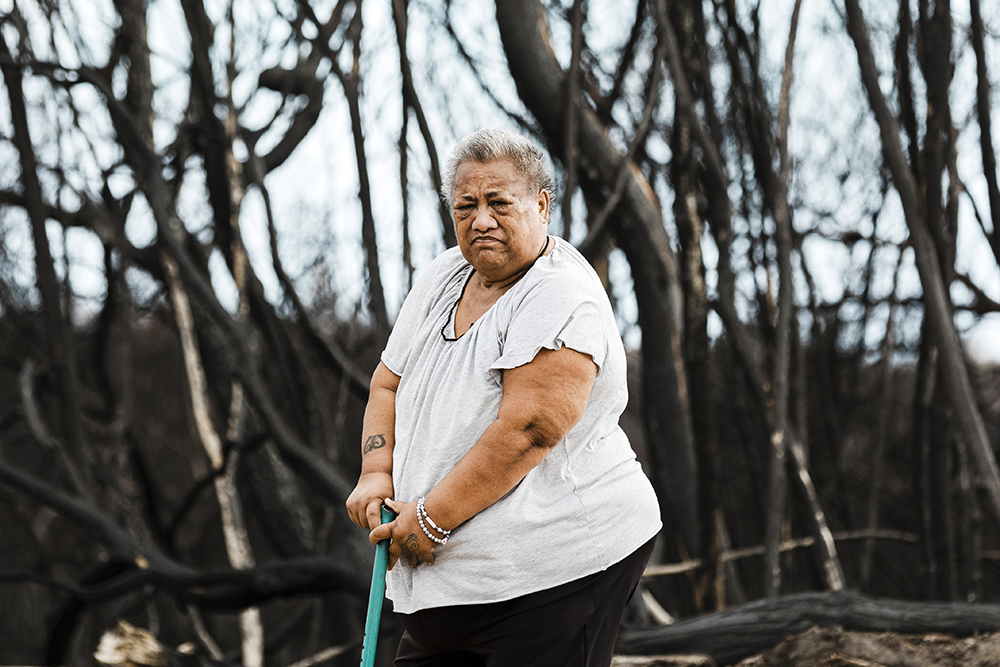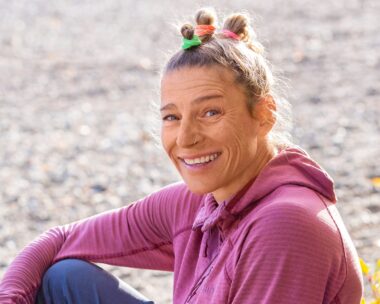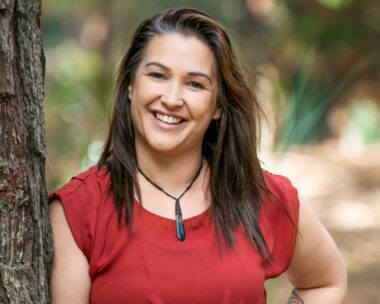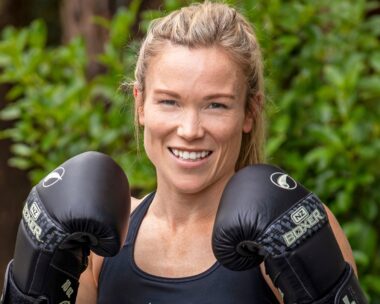When hundreds of tiny black specks flew into and around her home in the tiny Far North settlement of Kaimaumau, Dixie Cook-Tamati initially thought she was being attacked by a swarm of sandflies.
But when those specks turned into tiny flames, the mother-of-three realised they weren’t sandflies at all but hot ash, coming from a nearby scrub fire. The Northland inferno, which started on December 18, has been one of the largest scrub fires in recent New Zealand history, destroying 2800-hectares of mostly wetland scrub and rampaging in the Far North’s Waiharara region for more than a month.
The 62-year-old’s life and the lives of the 100 families living in the close-knit community were in danger, and they had to evacuate their homes immediately.
“There was thick black smoke on one side of the home, like it was midnight and the sky went all red,” Dixie recalls. “On the other side of the home, it was as clear as day. We had to move quickly. Nothing like this has happened in our community before. It was a real shock.”
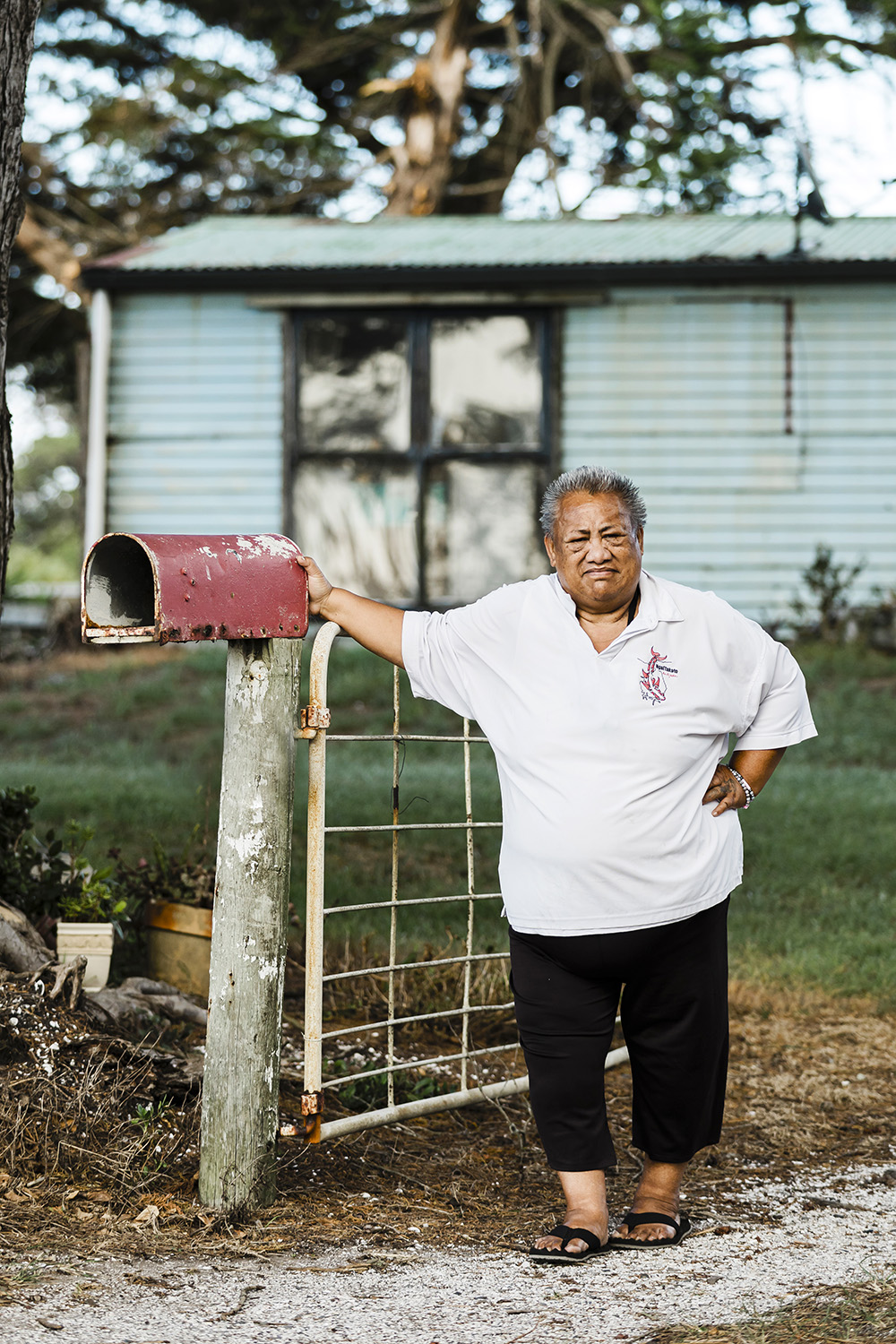
‘I picked my first skull up when I was three years old and I’ve never stopped’
The police were going door to door, ensuring people were evacuating. Dixie says they didn’t have time to pack. Luckily, many families already had emergency supplies and clothes packed due to frequent tsunami warnings within the beachside settlement. Residents left their homes with uncertainty and took refuge with either family members outside of the area or at the local Waiharara school. Dixie opted to stay with her daughter.
“All I could take were my clothes and my old family photos, because half of them are not replaceable.”
The families were forced to stay away from their homes for more than a week before it was safe for them to return. But disaster struck again on New Year’s Day. The fires once again intensified and the community was forced to evacuate for a second time. This time, Dixie had whānau from Auckland staying with her, including her young nieces and nephews camping on her front lawn.
“We were all ready to sit down for New Year’s dinner and we were told we had to leave. All the kids’ tents were up, and they had to pack everything and take off.
“It was hard for the younger families who have just built their homes in the area. But you can replace a home. You can’t replace people. I would rather lose a home than a human’s life.”
At the height of the fire, up to 80 firefighters from around the country and eight helicopters battled the blaze. Fighting the fire was challenging and complex because of the wetlands peat, sand and highly variable wind conditions, which created an unpredictable environment.
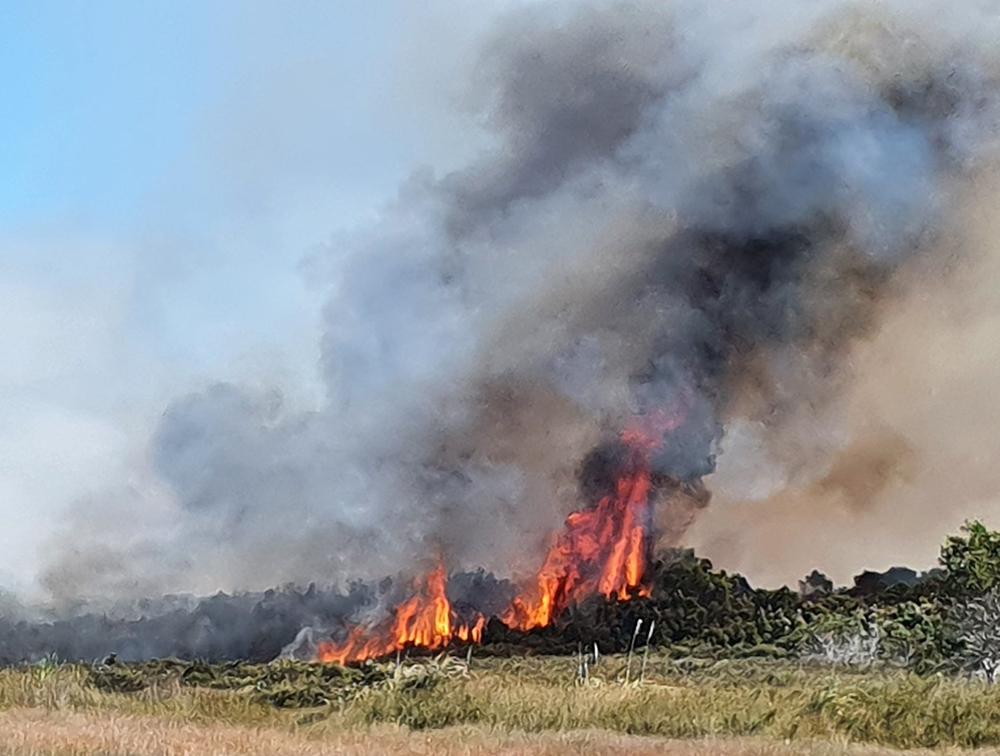
The horror scenes in Waiharara on January 1.
Three months on, the fire has been controlled and firefighters have scaled down their operation, with the situation being closely monitored, even though the fire may continue to burn for another six months.
Dixie is grateful that no one had lost their lives or their homes and the community can now recover from the terrifying ordeal.
“My home still smells like smoke. Fire is still burning. The smoke is coming from both ways. Council has been good, bringing in water for the village and the locals.”
Dixie, who is a descendant of explorer Captain James Cook, says her whānau has been living in the area for 49 generations and the experience has not deterred her to move.
“Me and my family will never leave,” she insists. “I’m a grandmother. Our whakapapa lies here. This is our history. We have to stay.”
Dixie and her whānau also have another major responsibility that draws her to the land. The area is an ancient Māori battleground, and human skulls and bones often resurface. Dixie and her family work with the Department of Conservation to collect the remains and artifacts, and rebury them at a nearby sacred urupa (cemetery). They’ve been told the fire has brought up more human bones. Once it’s safe, Dixie and her family will go and collect them.
“Our whānau has had this important job all our lives. I picked my first skull up when I was three years old and I’ve never stopped. I’m the oldest one now. My uncles, aunties and nannies used to sing songs to us to make it bearable. Now I do it with my grandchildren. When we are doing it, I’m telling them the history of the place.”
Throughout this ordeal, Dixie has discovered the aroha the locals have for each other.
“Our people really stuck together. As our community is growing and more people are moving here, we got to know each other better. We got to see and feel the true community spirit.”
